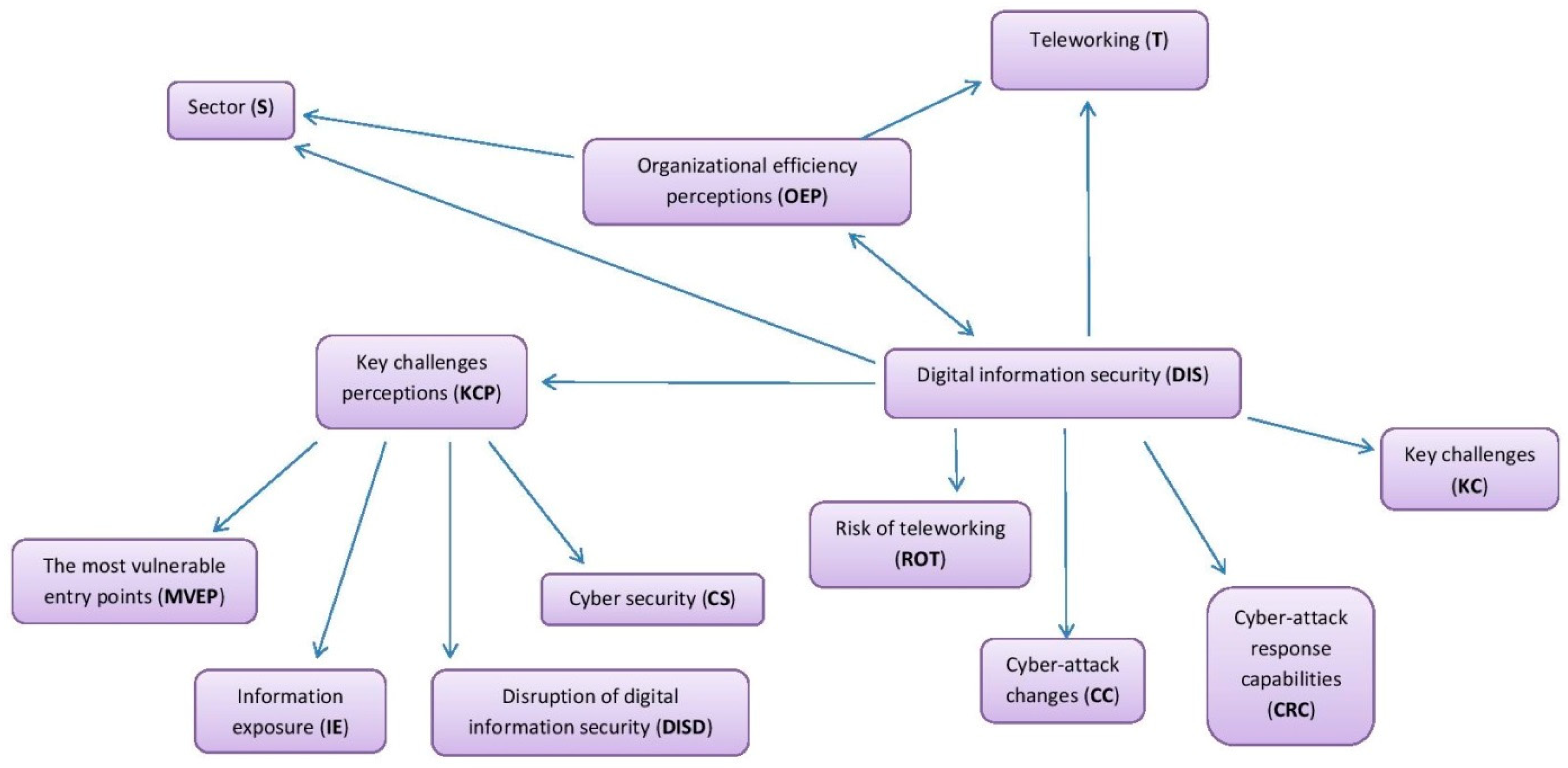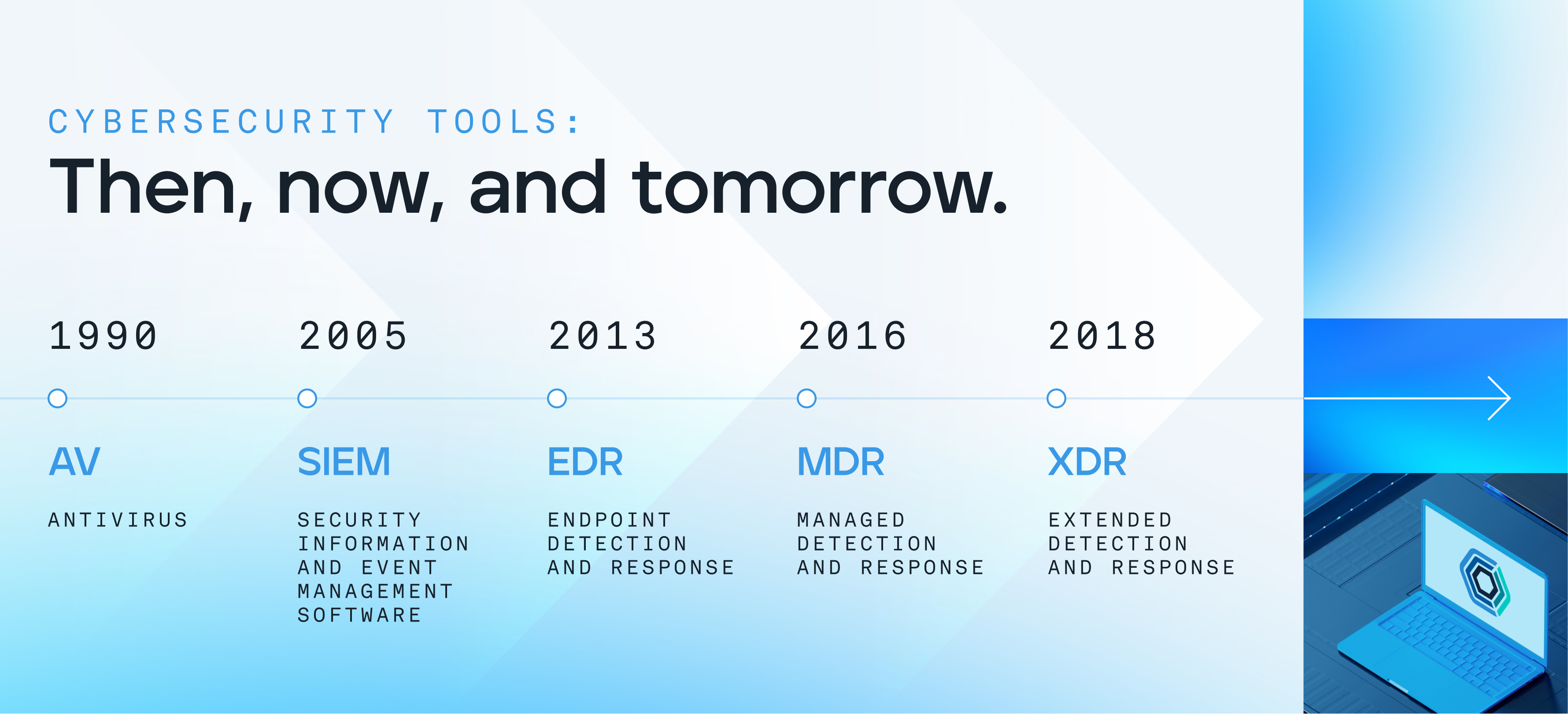
Securing Remote Work: Navigating Telecommuting Cybersecurity Laws
The rise of telecommuting has transformed the traditional work landscape, offering flexibility and efficiency. However, this shift to remote work brings forth a host of cybersecurity challenges. This article explores the evolving realm of telecommuting cybersecurity laws, examining their significance, implications for businesses, and the crucial need for comprehensive security measures.
Understanding Telecommuting Cybersecurity Laws
As telecommuting becomes more prevalent, lawmakers are grappling with the task of creating legal frameworks to address cybersecurity concerns. Telecommuting cybersecurity laws encompass regulations and guidelines that dictate how organizations should secure their remote work environments. These laws aim to protect sensitive data, prevent cyber threats, and ensure the privacy of employees working from diverse locations.
The Significance of Telecommuting Cybersecurity
The significance of telecommuting cybersecurity laws is underscored by the increasing frequency and sophistication of cyberattacks. Remote work setups often involve the transmission of sensitive company information across various networks. Cybercriminals exploit vulnerabilities in home networks, posing a serious threat to the confidentiality, integrity, and availability of data.
Legal Obligations for Employers
Telecommuting cybersecurity laws impose legal obligations on employers to safeguard their remote workforce. These obligations may include implementing secure communication channels, providing employees with cybersecurity training, and enforcing measures to ensure the secure use of company devices. Compliance with these laws is essential not only for legal reasons but also for maintaining the trust of clients and stakeholders.
Data Protection and Privacy Considerations
Protecting the privacy of employees and the data they handle is a key focus of telecommuting cybersecurity laws. Regulations may outline how organizations should handle and store personal information, particularly when employees are working from locations that may not have the same level of security as a traditional office environment. Compliance with data protection laws is crucial for avoiding legal repercussions.
Cross-Border Telecommuting Challenges
For organizations with employees working across borders, complying with telecommuting cybersecurity laws becomes even more complex. Different countries may have varying regulations regarding data protection, encryption standards, and reporting requirements for cybersecurity incidents. Navigating these cross-border challenges requires a thorough understanding of international cybersecurity legal frameworks.
Industry-Specific Compliance Requirements
Certain industries, such as finance and healthcare, may be subject to additional telecommuting cybersecurity compliance requirements. Regulatory bodies in these sectors often mandate specific measures to protect sensitive data. Telecommuting cybersecurity laws may intersect with industry-specific regulations, and organizations must navigate this intricate landscape to ensure comprehensive compliance.
Employee Rights and Cybersecurity Awareness
Telecommuting cybersecurity laws also consider the rights of employees. Laws may outline the extent to which employers can monitor remote workers’ activities and the responsibility of employees in maintaining secure work environments. Additionally, fostering cybersecurity awareness among employees is crucial for creating a culture of security and minimizing the risk of human-related cyber threats.
Incident Response and Reporting Obligations
In the event of a cybersecurity incident, telecommuting cybersecurity laws may mandate specific incident response and reporting obligations. Organizations must have robust plans in place to address and contain breaches promptly. Compliance with reporting requirements is vital for transparency and cooperation with regulatory authorities.
The Role of Technology and Cybersecurity Solutions
Telecommuting cybersecurity laws often emphasize the importance of leveraging technology and cybersecurity solutions. Encryption, secure virtual private networks (VPNs), multi-factor authentication, and regular software updates are among the measures recommended for securing remote work environments. Compliance involves not only policy implementation but also the integration of cutting-edge cybersecurity tools.
The Future of Telecommuting Cybersecurity Laws
As telecommuting continues to be a prevalent mode of work, the future of telecommuting cybersecurity laws is likely to evolve. Lawmakers may adapt regulations to address emerging cyber threats and technological advancements. Organizations should stay vigilant, keeping abreast of legal developments and proactively enhancing their cybersecurity measures to meet evolving compliance standards.
In conclusion, navigating the landscape of telecommuting cybersecurity laws is essential for organizations embracing remote work. Compliance involves a multifaceted approach, encompassing legal obligations, data protection considerations, and technology-driven security measures. To delve deeper into telecommuting cybersecurity laws and stay informed on best practices, visit Telecommuting cybersecurity laws.




